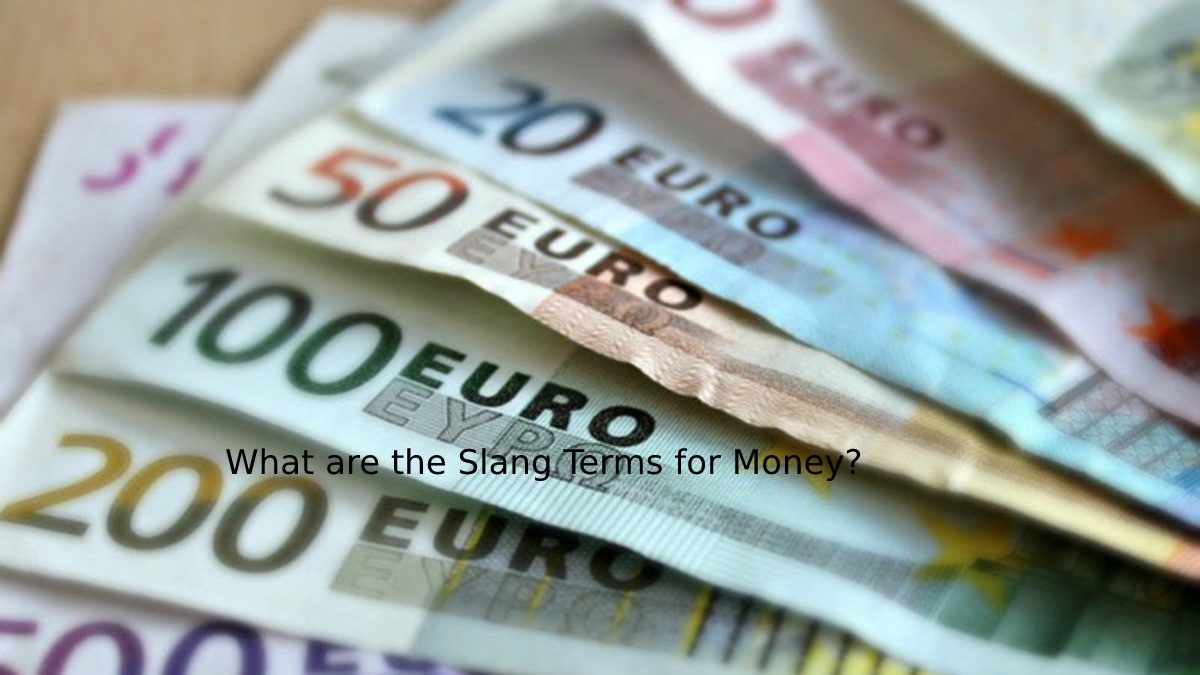Slang Terms for Money in the United States In the United States, many slang terms commonly to refer to money. Perhaps the most frequently used time is “dollars”, to refer to US dollars. Other standard slang terms for dollars include “cash,” “dough,” “moolah,” and “fools.” There are also various other slang terms for money, some of which are general terms and some specific to certain monetary values.
Table of Contents
Jargon terms for paper invoices
Many technical terms refer to paper invoices but do not differentiate between amounts. In addition to the terms above, the slang terms “clams,” “greenbacks,” and “dead presidents” refer to paper bills—the latter representation based on pictures of former US presidents appearing on many banknotes.
However, not all bills have a president. For example, the $100 bill features Benjamin Franklin. These bills often stated to as “Benjamins”. Other slang terms for $100 bills include “bills,” “C notes,” or just “C,” which is an allusion to the Roman numeral for 100.
Another letter used about a specific coin denomination is “K”, which stands for thousands. For example, if someone says, “I paid $5,000,” that means they paid $5,000. “A Grand” is another slang term for money, meaning $1,000.
Many slang terms for money custom in position to the smaller denominations of paper bills. A five dollar bill is sometimes referr to as a “five” or “fin”. A $10 bill may referre to as “saw money.” The US dollar amount for any amount of money is often referred to as “bones” since the term “50 bones” refers to $50. “Bucks” is used the same way, so “50 bucks” would also equal 50 USD.
Jargon terms for currencies
There are even slang terms for money used to describe US coins. “Two bits” equals 25 cents, or a quarter. A potentially confusing aspect of slang terms for money is that coin names often habit for bill amounts. For example, a “five cent coin” could be used to refer to $5,
A jargon collects the expressions that correspond to the attitudes and value system of the group that composes it. The jargon thus becomes an important unifying element of the individuals in the group and a badge or flag that distinguishes that group from the others.
Suppose the group in question is in contact with the socially accepted culture. In that case, their expressions will become part of the generally accepted everyday language, even if they recognize slang. Over time, they may even incorporat into normative language as varieties or particularisms. happen with the gypsies chaval or chavo (synonymous with child), canguelo (fear), camelo (lie or exaggeration) and cañí (gypsy). Also with tele (television). All of these terms are common in Peninsular Spanish. , and in other Spanish-speaking areas. Jargon transcends borders.
Argot creations can find wide acceptance in today’s society. Cases of secular survival of a slang register are not uncommon. From then on, some terms will quickly wear out and disappear, while others will be absorbed into the language, either with the original meaning – mili, militia – or with a new one.


